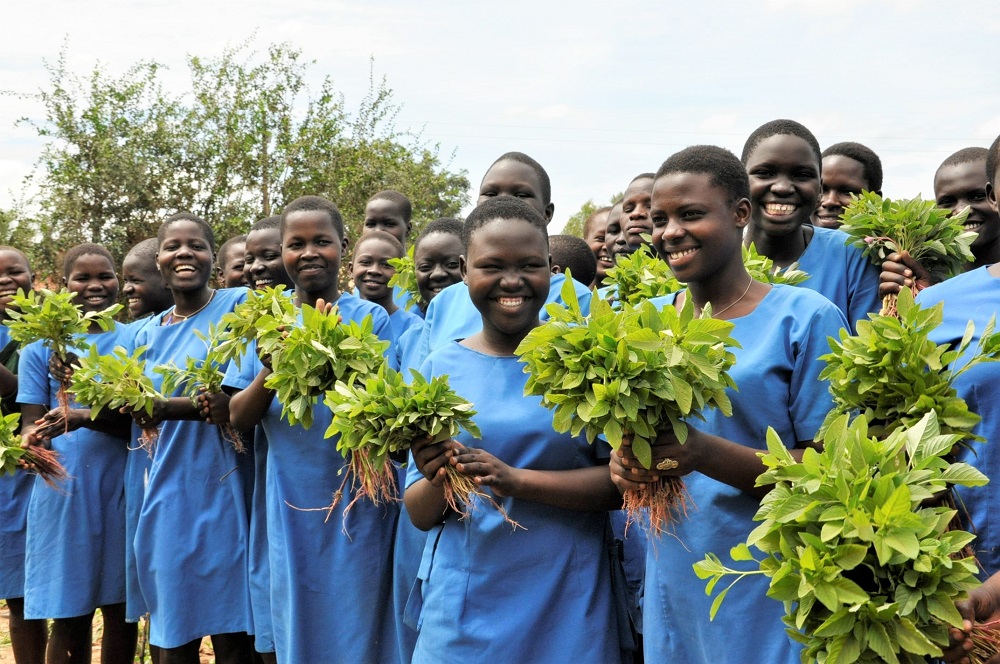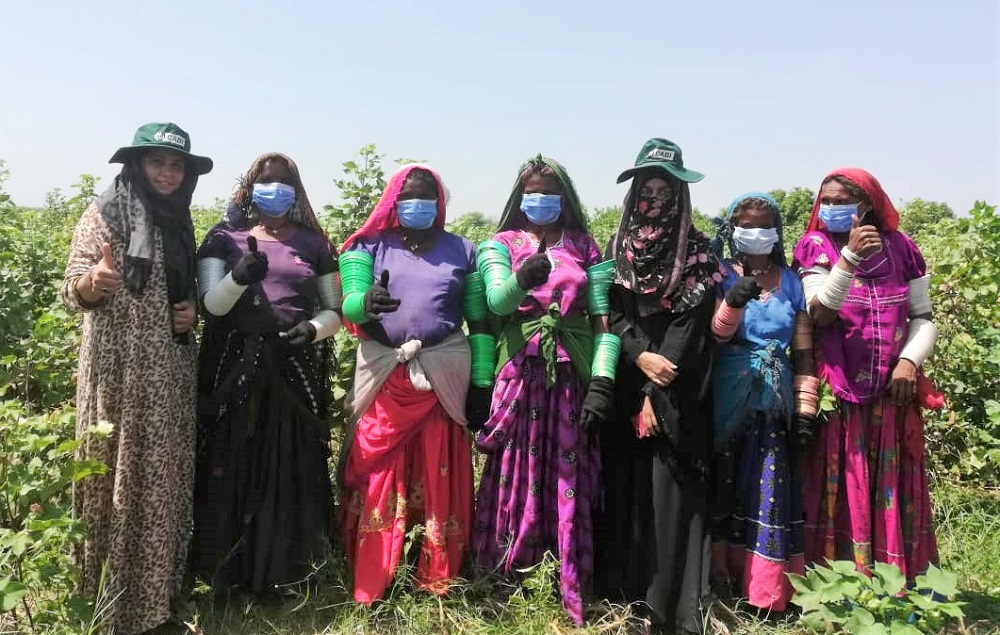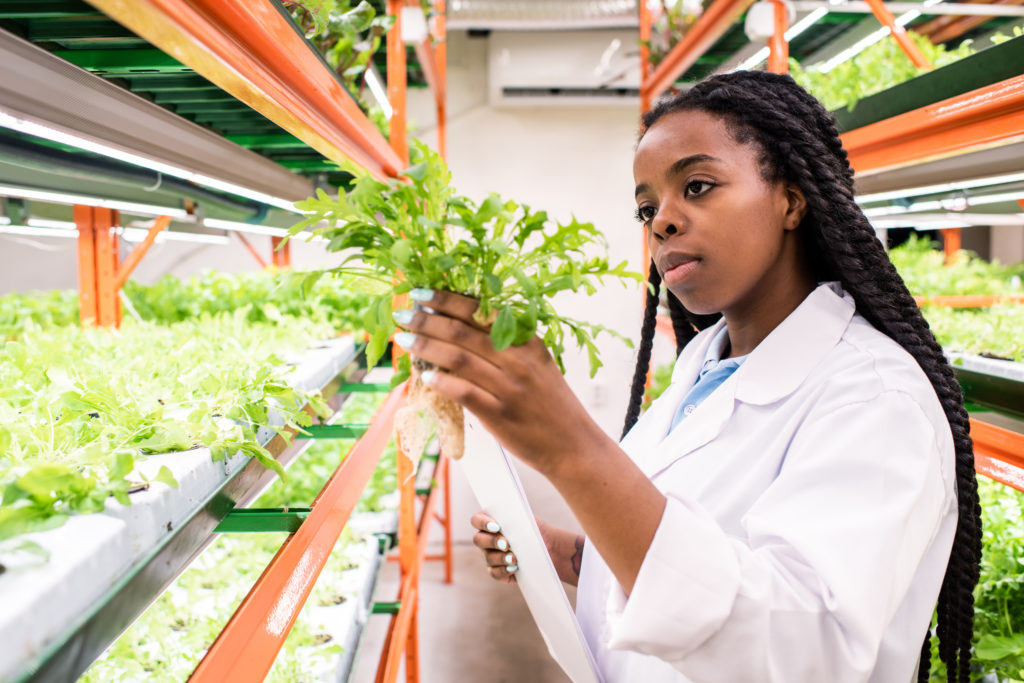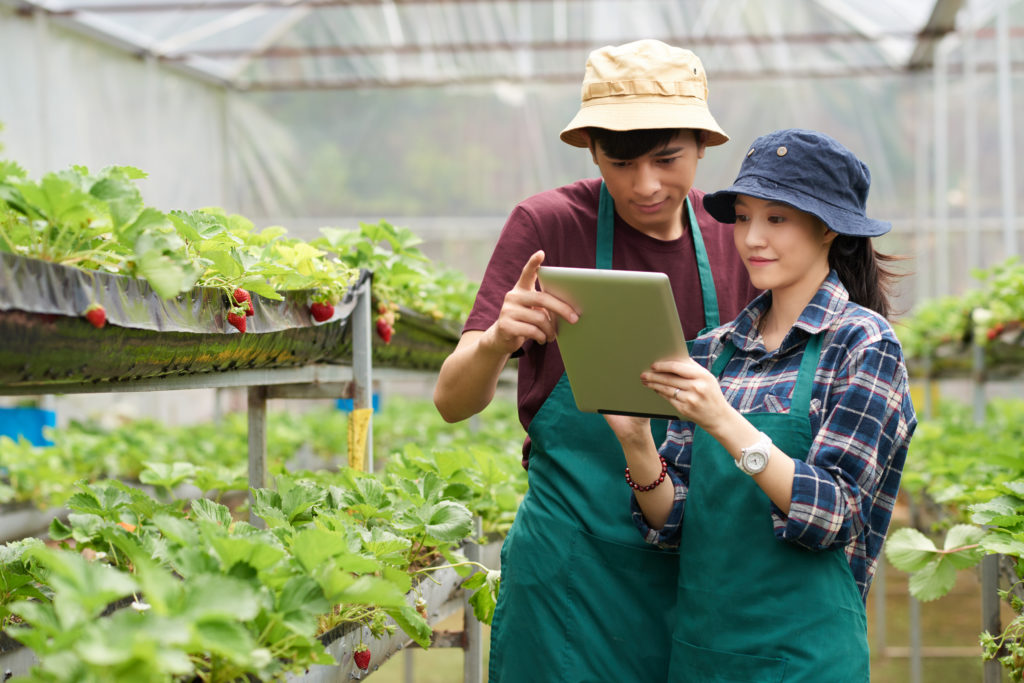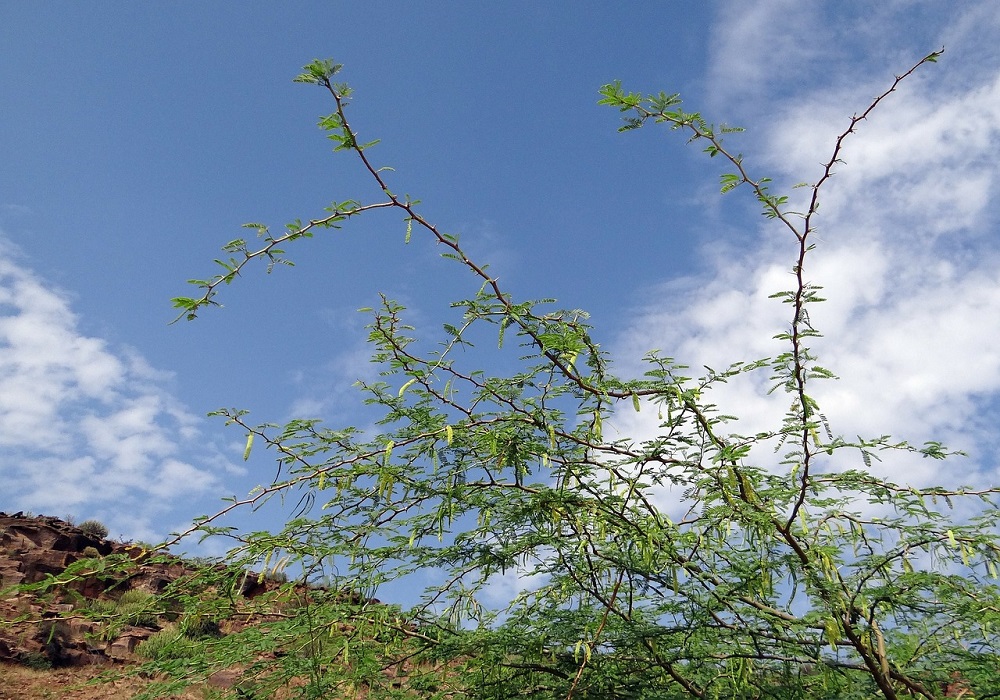Adapting to a warming world
As countries around the world consider how to ‘build back better’ after the impacts of Covid-19, tackling climate change and shifting economies towards low-carbon pathways has played a prominent part in many policy discussions. But, to truly build back better, developing resilience to the impacts of climate change is also of paramount importance.
CABI Blog Most Read 2020
As 2020 draws to a close, we have crunched the numbers and compiled the top 20 most read articles on the CABI Blog this year. Plus a few firm favourites. Articles by CABI Books authors proved popular this year, as well as CABI’s work in Pakistan. Unsurprisingly, COVID-19 and related topics were popular reads this…
CABI-published book sheds new light on plant invasions
The CABI-published book ‘Plant Invasions: The Role of Biotic Interactions’ is the first to focus on the key role of species interactions in mediating invasions and is now available to buy in hardback and ePDF/ePub formats from the CABI Bookshop.


